New Brunswick Food Safety Regulations
Food Safety Regulations in New Brunswick
The province of New Brunswick requires all food service businesses to follow its food safety regulations in order to ensure that all food produced and served is fit for human consumption. Food businesses which do not adhere to these laws open themselves up to harsh financial penalties, can have their business licence revoked and their establishment shut down, and risk destroying not only their brand’s reputation, but their personal reputation as well.
New Brunswick food safety regulations
In order to ensure that all food served to the public is safe and free of any contaminants, New Brunswick relies on two major regulations to legislate every aspect of how food businesses must handle food safety. The two regulations which New Brunswick restaurants must adhere to are:
Food Premises Regulation
The New Brunswick Food Premises Regulation is the province’s main piece of food safety legislation, falling under the Public Health Act. The Food Premises Regulation covers the standards required for operating a food business in New Brunswick, including how to obtain a licence, additional documentation required, display of licence, and their terms and conditions. These licences can be suspended or revoked at any time if the Minister is satisfied that the business in question has violated the Regulation or failed to comply with provisions found within the Regulation or Public Health Act.
The Regulation breaks down food premises by class:
- Class 3 food premises are considered to be anywhere potentially hazardous food is stored, displayed, handled, distributed or sold, though there is no processing or preparing of food on premises
- Class 4 food premises can be anywhere food is prepared or processed without killing or pasteurizing or where food is for sale and consumed both on and off premises without being distributed on a wholesale basis
- Class 5 food premises are those where food is processed or prepared for direct sale or wholesale
Standards for food premises are laid out within the Regulation, including the bare minimum standards which must be met by each premises like being designed to ensure safe and sanitary food handling, facilitate effective cleaning, be kept in good repair, connected to an approved wastewater disposal system, feature lighting throughout the premises, be designed to prevent cross-contamination, and ensure that washrooms are available and kept clean and sanitary.
From there, the Regulation outlines how premises are to control food hazards, including only using food products and ingredients from approved sources, ensure that all food on premises is clearly and properly identified, keep things like chemicals and other contaminants away from food preparation and storage areas, ensure that food is handled safely by all personnel, kept at correct temperature, thawed or reheated properly, transported in a manner which keeps food safe from contamination, and not re-serve food to customers.
The Food Premises Regulation outlines how premises must handle maintenance and sanitation and the standards which must be met by employees regarding hygiene and personal health. It also clearly states that licensees must ensure that all staff members are knowledgeable in food handling procedures for potentially hazardous food, comply with food handling procedures, and are trained in accordance with information found within the Regulation.
Public Health Act
The New Brunswick Public Health Act is the province’s general public health legislation, extending far past the food service industry by setting guidelines for the public at large. Food businesses in New Brunswick, however, should take note of a few major guidelines found within the Public Health Act.
According to the Act, anybody who has reasonable grounds to believe that any health hazard exists must immediately report it to a medical officer of health or a public health inspector. These potential hazards can then be investigated by the medical officer or public health inspector, who can take action which may include vacating the affected premises, order the removal of anything causing potential health hazards, require isolation or detention, cleaning and/or disinfecting, and even the destruction of potential health hazards.
The Act also states that all food premises must be properly licenced, and that licensees have specific duties to operate under sanitary conditions, withhold any food which is unfit for human consumption, and take proper precautions prior to the sale of milk and milk products, meat and meat products, or poultry meat and poultry products.
The penalties associated with violating the Public Health Act may include fines set by the Provincial Offences Procedure Act, multiplied by the number of days the offence continues for, the removal of any product considered to be a health hazard, an order to recall hazardous products, or even an order to cease operations.
Food handler certification requirements in New Brunswick
As of July 1st, 2012, the Food Premises Regulation requires that all Class 4 food premises in New Brunswick must ensure that at least one person with food handler certification is on premises at all times when food is being prepared. The Regulation also states that licensees operating a Class 4 food premises must ensure that managers hold a certificate confirming their completion of a food handler training program.
The requirement for all Class 4 food premises to have employees and managers with food handler certification means that businesses must get serious about food safety training. By ensuring that as many staff members as possible are certified, your food business is protecting itself in the event of sick calls, absences and sudden departures, ensuring that you’ll be ready for a health inspection at a moment’s notice.
Managing Food Safety offers your food service establishment the most convenient option to get food handlers certified. Our nationally recognized online food handler certification training program features fully customizable case studies and scenarios relevant to your establishment, visual elements which transcend language barriers, and digital certificates that make it easier than ever before to present current and valid certification to inspectors.
To find out more about how FoodSafetyMarket can make your business compliant with the provincial regulations, learn about our training solutions for businesses and individual food handlers.
Get in touch

New Brunswick:
Food safety Legislation
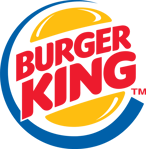

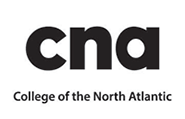
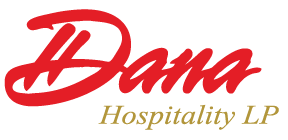

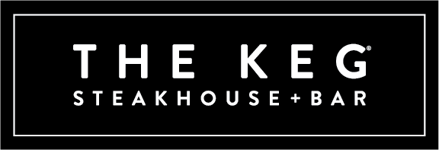
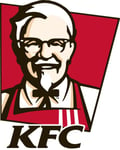
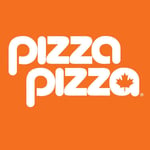
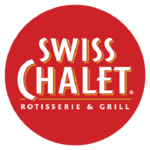

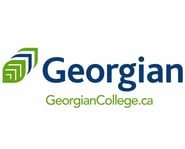
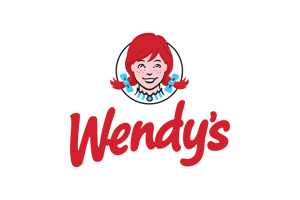

.png?width=800&height=240&name=Business%20MFS%20Banner%20(2).png)
.png?width=800&height=240&name=Individual%20Food%20Handler%20Banner%20(1).png)